On Star Atlas DAO Governance
On July 8th, Star Atlas relaunched the governance process of the Star Atlas Decentralized Autonomous Organization (DAO). The news was received with much fanfare that now bears considerable thought on how the Star Atlas DAO ought to govern.
DAOs, as a whole, are an attractive and experimental method of decision making and governance espoused by participants of blockchain ecosystems. Strong proponents of DAO governance believe that DAOs are the inevitable evolution of democratic governance systems. DAOs, however, have yet to be proven as an effective means of societal governance or a suitable replacement for true Representative Democracy as a means of equitable decision making.
The Star Atlas DAO, as experimental as any other DAO over the last several years, is not immune to the political and philosophical conundrums presented by traditional governance models. As the Star Atlas DAO emerges from its infancy, Star Atlas citizens must come to understand some of the political trappings to better safeguard against potential failures of DAO governance.
DAOs were originally designed for decentralized finance consensus based decision making. The Star Atlas DAO aims to be a much broader system of governance to include governance of game societal structure and economic systems. As such, the Star Atlas DAO must consider the shortcomings of current DAOs and seek to improve upon these tenets to ensure a equitable and Democratic Star Atlas society.
This article offers several thoughts, insights, and political-philosophical questions regarding the Star Atlas DAO.
The Star Atlas DAO – A more democratic governance system or a regression to Plutocracy?
To understand why the Star Atlas DAO is different than other DAOs in blockchain systems, citizens must understand the nature of DAOs themselves. To participate in a DAO, citizens or ‘voters’ must acquire the representative token of the DAO. Accumulating more tokens grants the individual a greater weight in terms of governance over the collective. Already, this is uniquely contrary to the fundamental democratic principle of one citizen, one vote and where as all voted are counted equal.
The tokenized model of governance is attractive towards participants in the DAO as it permits voters to gain governance advantage over consensus based decision making. Those with “more skin in the game” are rewarded with a greater level of influence over decisions.
The conundrum, therein, lies that tokenized DAOs that require monetary admittance are inherently decentralized but are less democratic that traditional democracies. Again, this is potentially an acceptable outcome dependent on the scope and vision of the respective DAO. Decentralized finance governance ecosystems fit the DAO model nicely. Broader DAOs, such as the Star Atlas DAO, do not necessarily fit the fine lines quite so elegantly.
Therefore, the first question Star Atlas citizens must ponder is, what type of DAO do they envision the Star Atlas DAO to be? Do they envision the SA DAO to merely be a means of decentralized finance consensus based decision making, or do they envision DAOs to be a forward thinking, whole of governance system that carries forth the semblance of democratic tenants?
What makes a democracy?
Should Star Atlas citizens be in favor of a more equitable DAO, it is keen for citizens to understand the core principles of democracies themselves. While it’s acknowledged that DAOs are inherently less democratic than traditional democracies, this is by no means a counter-argument to the POLIS Voting Power (PVP) system. As an aside, the PVP system is an ingenuous method at rewarding Star Atlas governance participants through both a tokenized and gamified mechanism.
Nevertheless, it is paramount that Star Atlas citizens and governors understand the potentials for governance overreach and abuses of power in any governance system, just as the American Founding Fathers did.
The foundation of any functional democracy rests on a series of interconnected principles that empower citizens and ensure a just and equitable society. These tenets are not merely abstract ideals, but rather essential components that, when upheld, create a system where the voices of the people are heard and their rights are protected. These qualities are used as measurements by Political Scientists as a gauge on the levels of any given government at any given time.
The number of qualities a healthy democracy should poses are numerous. Below are just seven of the key principles of democratic governance that should be considered within DAOs.
- Popular Sovereignty: The cornerstone of democracy is the idea that the ultimate authority resides with the people. This means that the government derives its power from the consent of the governed. Through free and fair elections, citizens have the ability to choose their representatives and hold them accountable for their actions.
- Political Equality: In a true democracy, every citizen is equal before the law and possesses the same political rights. This includes the right to vote, run for office, and participate in the political process without discrimination based on race, gender, religion, or socioeconomic status. One person, one vote is the fundamental principle [DAOs are inherently at odds with this and considerable thought must be given to how DAOs should govern in absence of this principle]
- Rule of Law: No one is above the law, not even those in power. A functional democracy requires a legal framework that applies equally to all citizens and institutions. This ensures that the government’s actions are constrained by established laws and procedures, preventing arbitrary rule and protecting individual liberties.
- Protection of Fundamental Rights: A democracy is not merely about majority rule; it also requires the safeguarding of individual and minority rights. These fundamental rights, often enshrined in a constitution or bill of rights, include freedom of speech, assembly, religion, and the press. They provide a bulwark against tyranny and ensure that diverse voices can be heard. [The Star Atlas DAO originally had a constitution. During the relaunch, the Star Atlas Constitution was scrapped. Consideration should be given for its future establishment.]
- Independent Judiciary: An independent judiciary is crucial to upholding the rule of law and protecting fundamental rights. Judges must be free from political pressure and able to interpret the law impartially. This ensures that disputes are resolved fairly and that the government’s actions are subject to judicial review. [Inevitably, a separate system must be implemented to uphold decided laws. While decisions enforced by the blockchain are easily enforceable, decisions and actions that do not reside on-chain are less so.]
- Pluralism and Tolerance: A healthy democracy thrives on diversity of thought and opinion. It encourages a multitude of political parties, interest groups, and civil society organizations to participate in the political process. Tolerance for differing viewpoints is essential, as it fosters open dialogue and compromise, leading to more inclusive and representative policies. [DAOS are decentralized mechanisms that ensure a broad array of stakeholders and participants. However, tokenized voting structures, if left unchecked, could undermine this core principle.]
- Active Citizenship: Democracy is not a spectator sport. It demands the active participation of its citizens. Informed and engaged citizens are essential to hold the government accountable, advocate for their interests, and contribute to the well-being of their communities.
Merits of DAOs as Governance Systems
While it may appear that the arguments thus far herein are against DAO governance systems, that is far from the case. DAOs have the potential to become more inclusive and equitable forms of governance than what societies currently experience. However, as governors and citizens, we must understand that DAOs are only as noble as their stewards. DAOs, like any other governance system, can become rife with corruption and abuses of political stations.
It is only by through study and understanding of the failings of past systems, that we can understand and implement improvements into the Star Atlas DAO. In an effort to understand these nuances, below is a list of merits of DAO systems.
-
Decentralization and Inclusivity: DAOs epitomize the concept of decentralization, distributing decision-making power among token holders rather than concentrating it in the hands of a few. This fosters a more inclusive environment where all members have a voice, potentially leading to more equitable outcomes.
-
Transparency and Accountability: The transparent nature of blockchain technology ensures that all transactions and decisions within a DAO are recorded immutably. This fosters accountability, as members can easily track an organization’s actions and hold leaders responsible.
-
Efficiency and Automation: DAOs leverage smart contracts to automate various governance processes, such as voting and fund allocation. This can streamline decision-making, reduce bureaucracy, and eliminate human error, leading to more efficient operations.
-
Global Participation: DAOs transcend geographical boundaries, enabling individuals from all corners of the world to participate in governance. This can lead to diverse perspectives and innovative solutions, as members bring their unique experiences and insights to the table.
Comparison to Core Tenets of Democracy:
-
Popular Sovereignty: While DAOs empower token holders with voting rights, the distribution of these tokens may not always be equitable, potentially undermining the principle of one person, one vote. Additionally, the influence of large token holders, often referred to as “whales,” could disproportionately impact decision-making.
-
Political Equality: DAOs aim for inclusivity, but participation may be limited to those who possess the necessary technological skills and resources to acquire tokens. This could exclude marginalized groups and create a digital divide, mirroring existing inequalities in traditional democracies.
-
Rule of Law: DAOs operate based on pre-defined rules encoded in smart contracts. While this ensures predictability, it may also limit flexibility and adaptability, as changing these rules can be complex and time-consuming. In contrast, democratic systems often have mechanisms for amending laws and constitutions.
-
Protection of Rights: DAOs may lack robust mechanisms for protecting individual and minority rights, as the focus is primarily on collective decision-making. Ensuring that the rights of all members are respected, even those holding dissenting opinions, remains a challenge.
DAOs represent an exciting and new frontier in governance experimentation, but they are not without their limitations. As the technology matures, addressing these challenges will be crucial to realizing the full potential of DAOs as effective and equitable systems for collective decision-making.
Tomorrow, the citizens of Star Atlas will begin to put these principles to the test with votes on PIPs I and II. It is up to the Star Atlas citizenry to determine and establish precedent of action with the Star Atlas DAO. Neglect of understanding of the above ideas could lead to the Star Atlas DAO failing to achieve its potential.
About the Author: Krigs
Star Atlas Discount
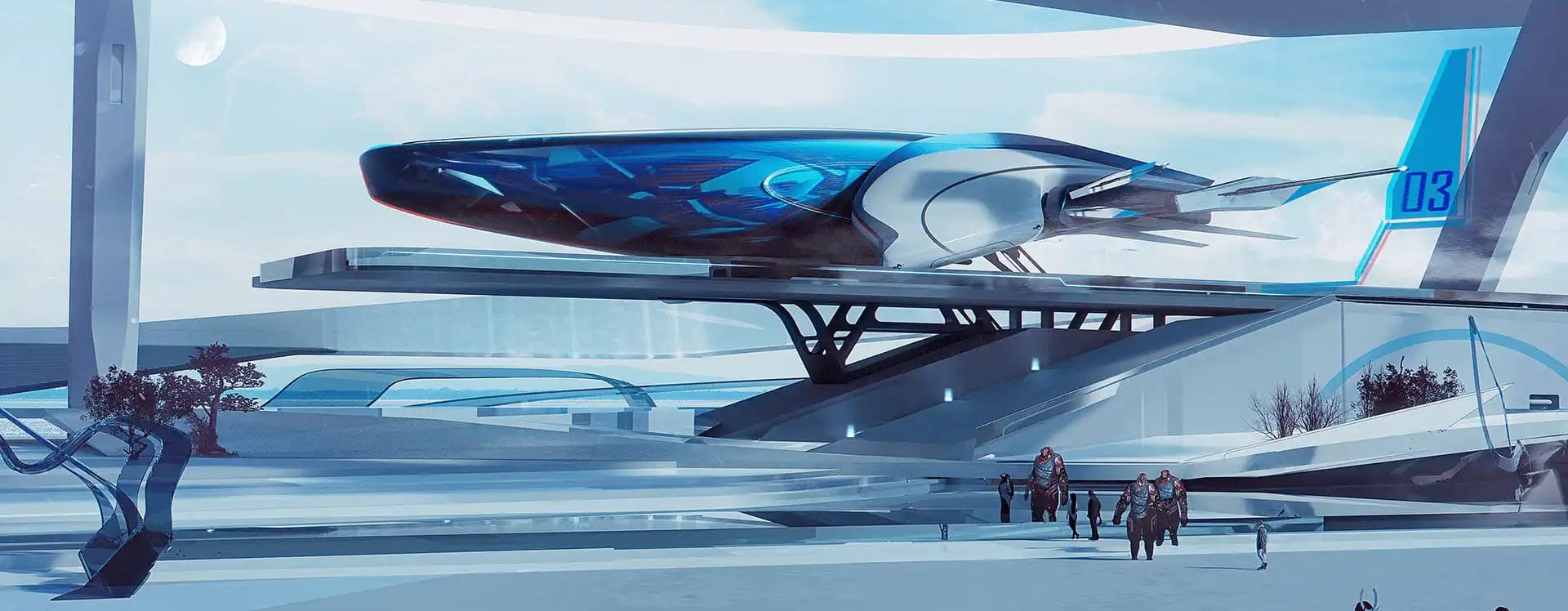
news via inbox
Get news from the Hologram first
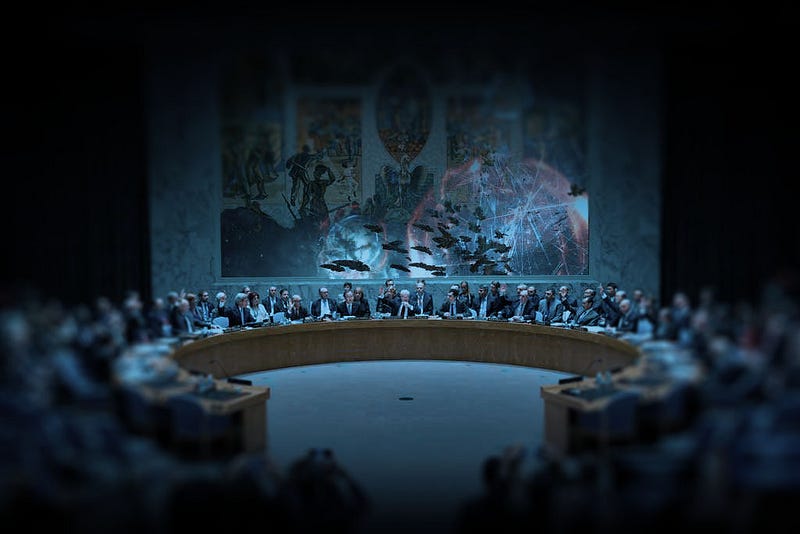
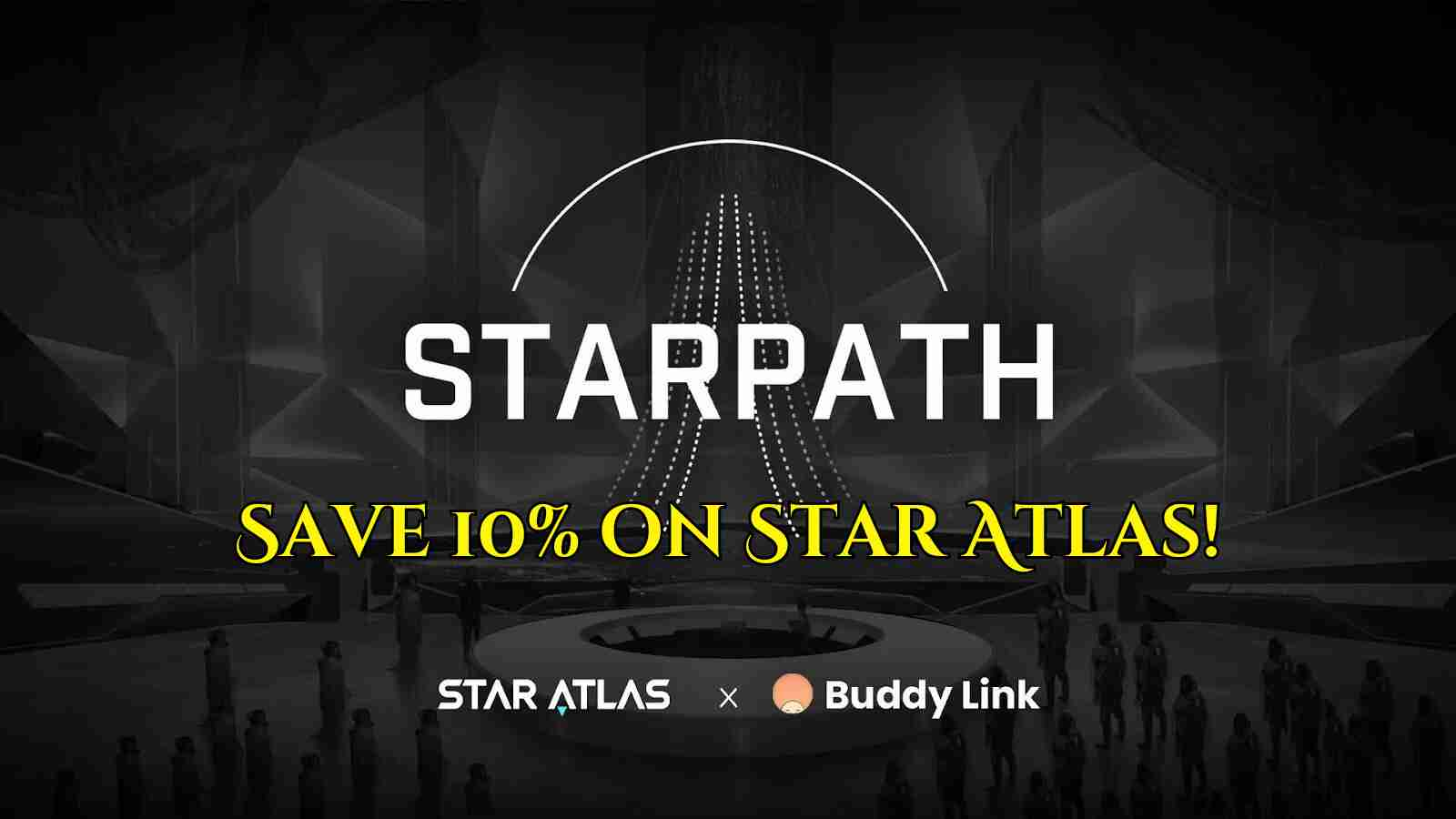
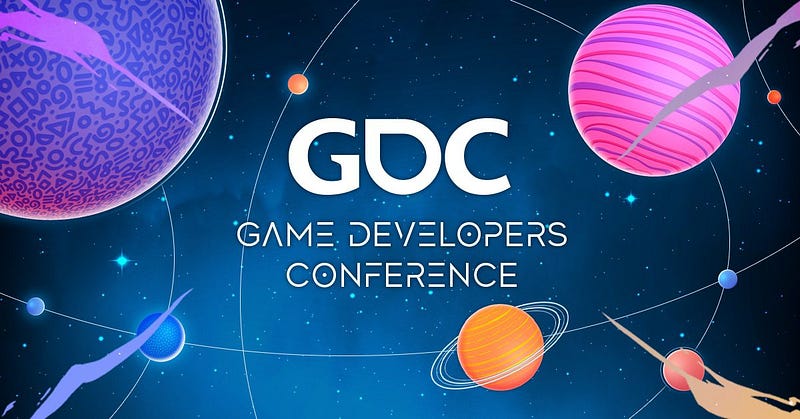
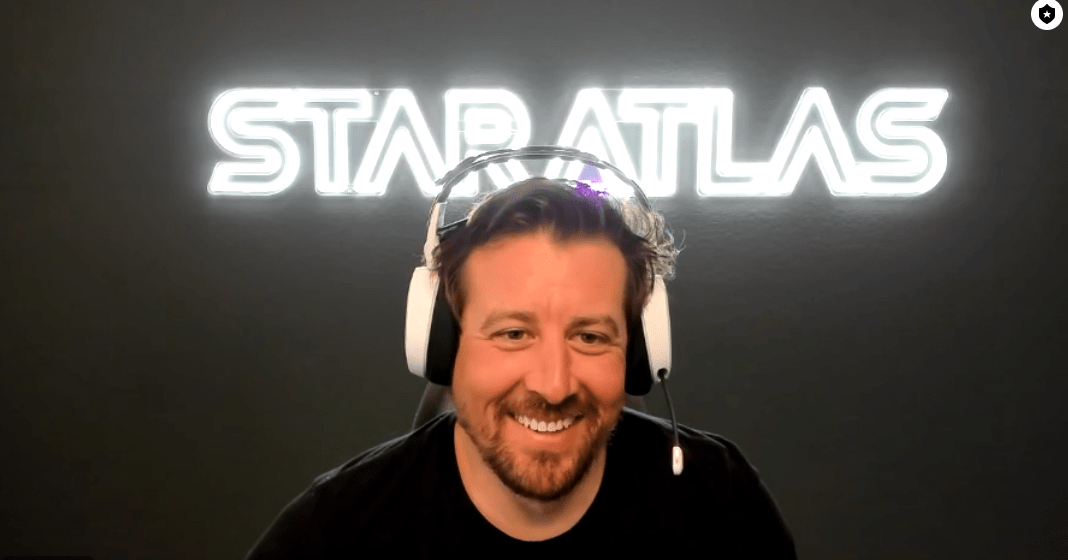
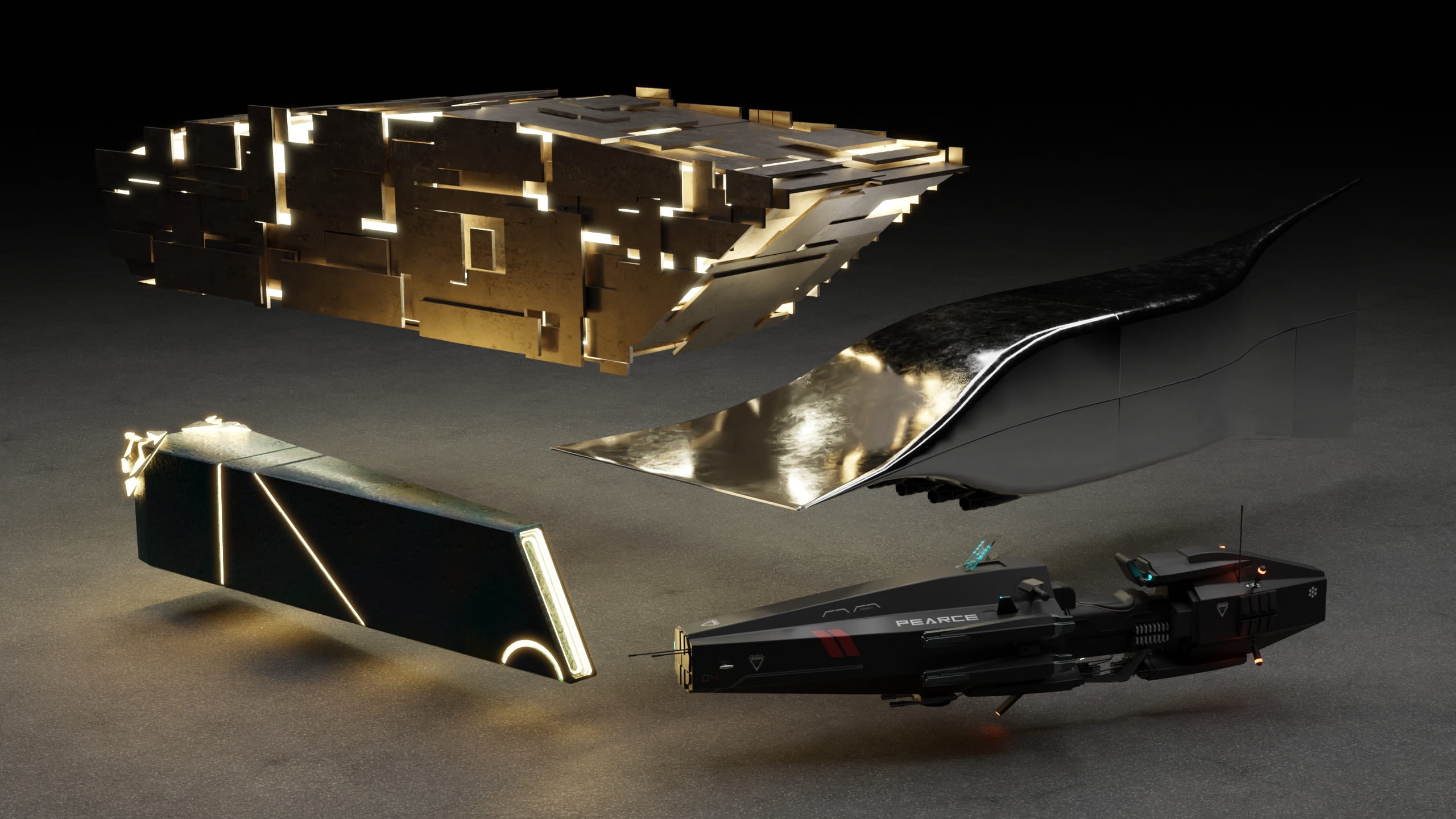
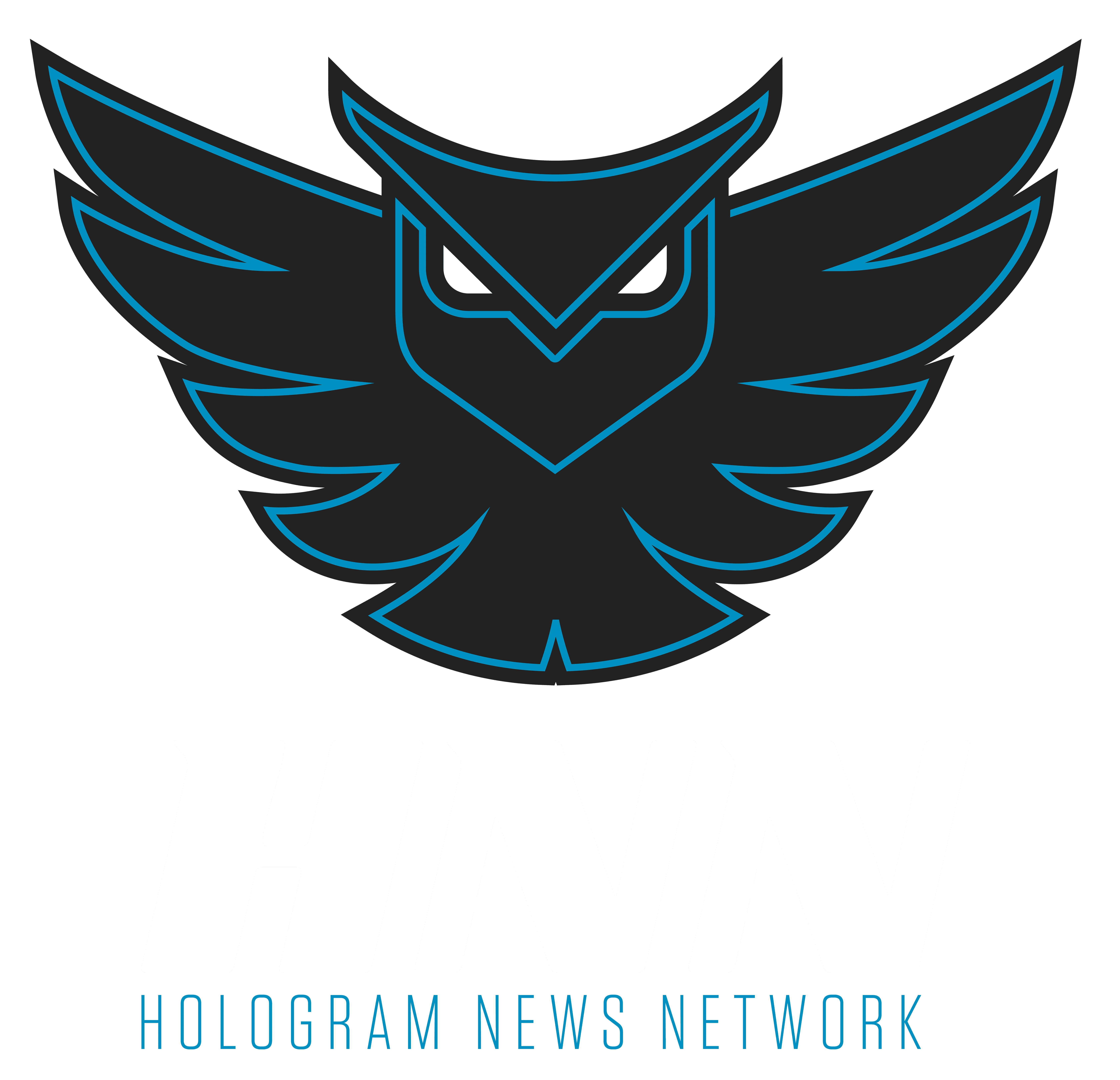
[…] past week, Star Atlas citizens headed to the voter box to vote on the first two governance proposals for the Star Atlas DAO. These two proposals lay the framework and foundation for all future governance actions for the […]